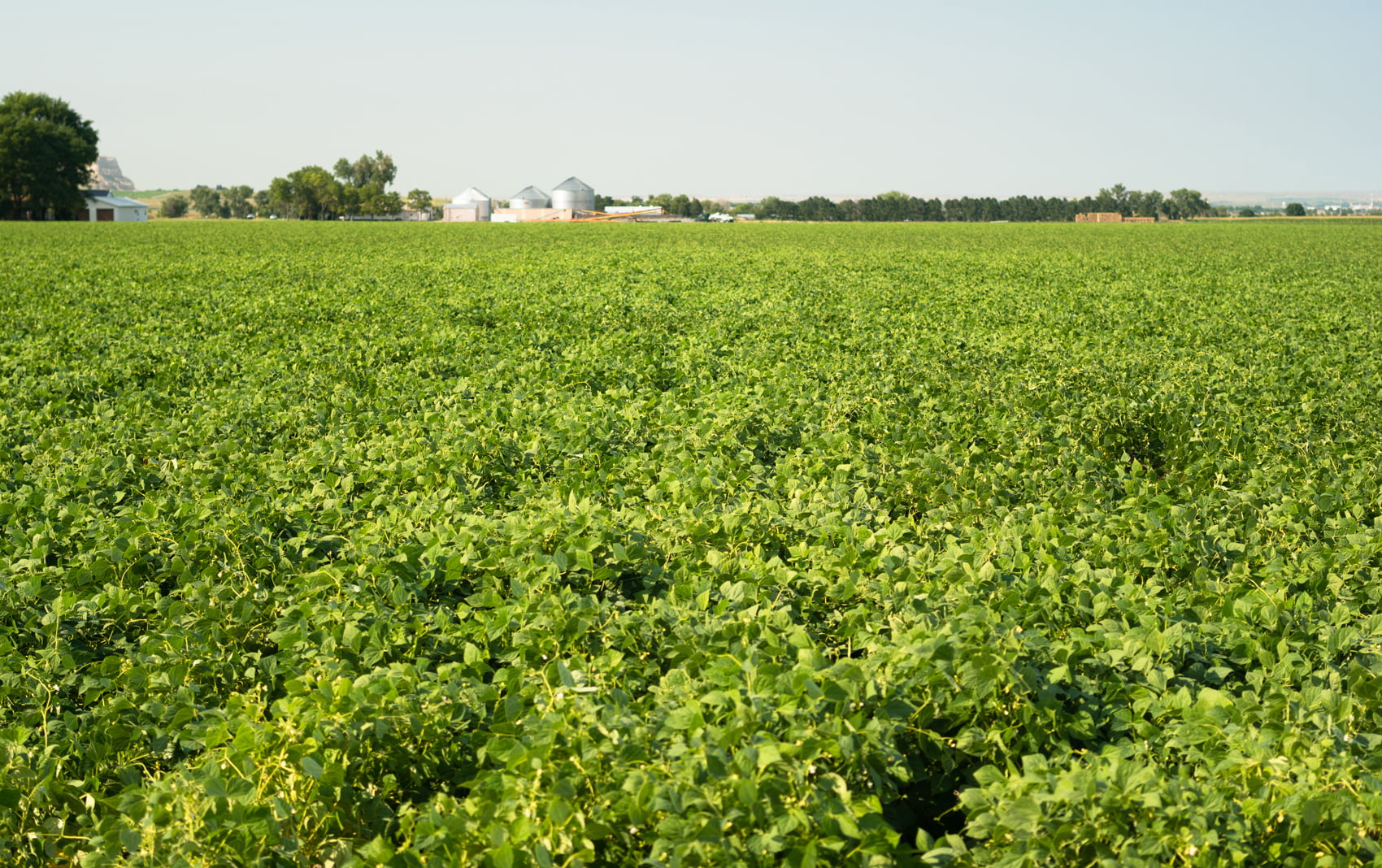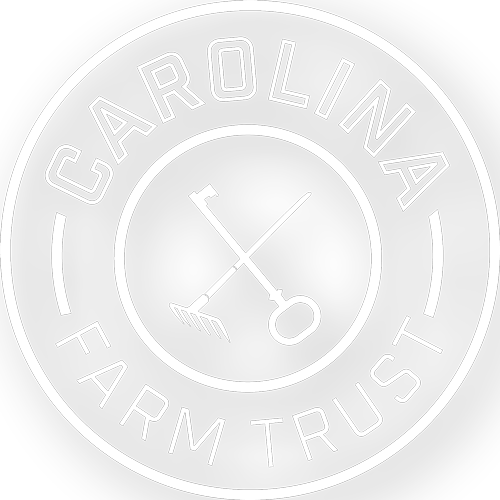When Zack Wyatt was laid off from his government contracting job in December 2014, he was mad — mad at himself, mad at those in his life, mad at his circumstance. But it didn’t take too long before he said passion got the better of him.
At just 35-years-old years old, Wyatt is a husband, the father of five children and the founder of Carolina Farm Trust, a new nonprofit organization that aims to protect farmland, support farmers in the Carolinas and foster an ecosystem of sustainable living. As Wyatt has said, “agriculture is long-term,” but as North Carolina relinquished hundreds of thousands of acres to urban and suburban development over the past few years, sustainable farming seemed pretty bleak.
Carolina Farm Trust, Wyatt told TheBlaze, is different from other nonprofits in that the organization doesn’t approach local farmers and say, “We want to help you, but you’ve got to do it our way.” Instead, the goal of Carolina Farm Trust is simple — the nonprofit purchases farmland and leases it back to local farmers with a lease that is perfectly tailored to the farmers’ vision. And from there, Wyatt said, the farmer can keep the land forever.

Worker Charlie Davis hauls a trailer of freshly picked flue-cured tobacco leaves during the harvest on land leased by Eaton Farms in Kernersville, North Carolina, U.S., on Wednesday, Aug. 8, 2012. Although smaller than last year, a quality U.S. tobacco crop endured a tough agricultural growing season in 2012. Photographer: Davis Turner/Bloomberg via Getty Images
“We are entering into relationships with people, and the leases will be kind of designed to be never ending as long as they’re farming,” Wyatt told TheBlaze in an interview. “We will have a relationship with someone and design the lease terms specifically for them, but sustainability clauses will be in there. As long as the property is being used in a sustainable way and and as long as the property is being farmed, it’s their’s. They can pass it along to their children or another farmer they like or give it to another farm.”
Carolina Farm Trust’s mission is almost a type of farming revolution as Wyatt said he plans to counter the fast track of urban sprawl by protecting farmland as his organization buys land before developers to lease to farmers. Wyatt said he asks himself, “is it pure, is it raw, is it genuine and is it sustainable” as to whether something is worth protecting or promoting.
Wyatt grew up on a farm in Loudon County, Virginia before he moved to the Carolinas. Before moving to the Charlotte, North Carolina area, Wyatt went to college at Coastal Carolina University, a small public school in Myrtle Beach, South Carolina. After he was laid off almost two years ago, Wyatt said he began to think about his time spent in a farming community and realized people tend to “live in this allusion of abundance.”
“[Carolina Farm Trust] is trying to bring food back to an identity,” Wyatt said. “We don’t have an identity with farmers or our food because it has none. Between GMOs and all the ridiculous things we think we’re eating — if you get chicken from the grocery stores, it’s hard to say it’s chicken.”
“Food is this fundamental thing,” he said. “It gives people the opportunity to bring people together and solve a lot of issues.”
Protecting farmland is easy, Wyatt said, and his organization is poised to do much more for farmers than just procure and lease the land. Carolina Farm Trust will also help farmers with any marketing needs, finding the funds for a better irrigation system and advice on growing infrastructure, among much more.
But just because it’s easy, doesn’t mean it’s inexpensive.
And that’s where the Carolina Jubilee comes in. The Carolina Jubilee, a festival owned by Carolina Farm Trust, will be held on Oct. 16 and Oct. 17 at VanHoy Farms in Harmony, North Carolina. The two day festival will feature local artists and local vendors, such as food, beer and wine.
By local, Wyatt said he’s referring to product that are available and created in the Carolinas.
“The Jubilee is a celebration of Carolina farming and agriculture,” Wyatt said. “Its focus is on bringing the regional economy back on the forefront so we can support local businesses and local banks.”
Soon Wyatt said he hopes the revenue from the festival will be enough to finance all of their projects.
Wyatt said Carolina Farm Trust officially earned it’s approval from the Internal Revenue Service on May 26 as a 501(c)(3) and while the group won’t lobby for anything political, he still hopes they will be able to enact change.
“We’re not an advocacy, policy or legislation group. We hope to influence people by our actions, but that’s not what we’re focusing on at all,” Wyatt explained. “We’re not going to be all about grants. We’re not going to be an ‘American Idol’ type of setup. It’s going to be us getting out into the community in North and South Carolina and finding out what farmers need.”
The community — the Carolinas — is exactly the market and region Wyatt said he and future executive directors will focus their attention. Instead of becoming a nationwide bureaucracy, Wyatt said he rather hopes Carolina Farm Trust can become a model that other local organizations can copy.
Carolina Farm Trust has already begun to work with local universities that have an agriculture focus in order to conduct research with the farms the group works with and improve on their farming techniques.

According to an editorial Wyatt wrote earlier in September, Carolina Farm Trust hopes to purchase approximately 40 acres of farmland in Lincolnton, North Carolina for Big Oak Farm. The nonprofit has until the end of the year to purchase the land from the buyer.
“‘Farm to Table’ restaurants are popping up everywhere, farmers markets are growing, establishments like Earl’s Grocery in [Charlotte, North Carolina] are opening up,” Wyatt wrote. “The market is telling us that we care where are food comes from. We need to keep the momentum going and that’s what we intend to do with Carolina Farm Trust.”
“We stand shoulder to shoulder with our Carolina Farmers and get them what they need to succeed,” Wyatt said.
By Kaitlyn Schallorn
The Blaze



